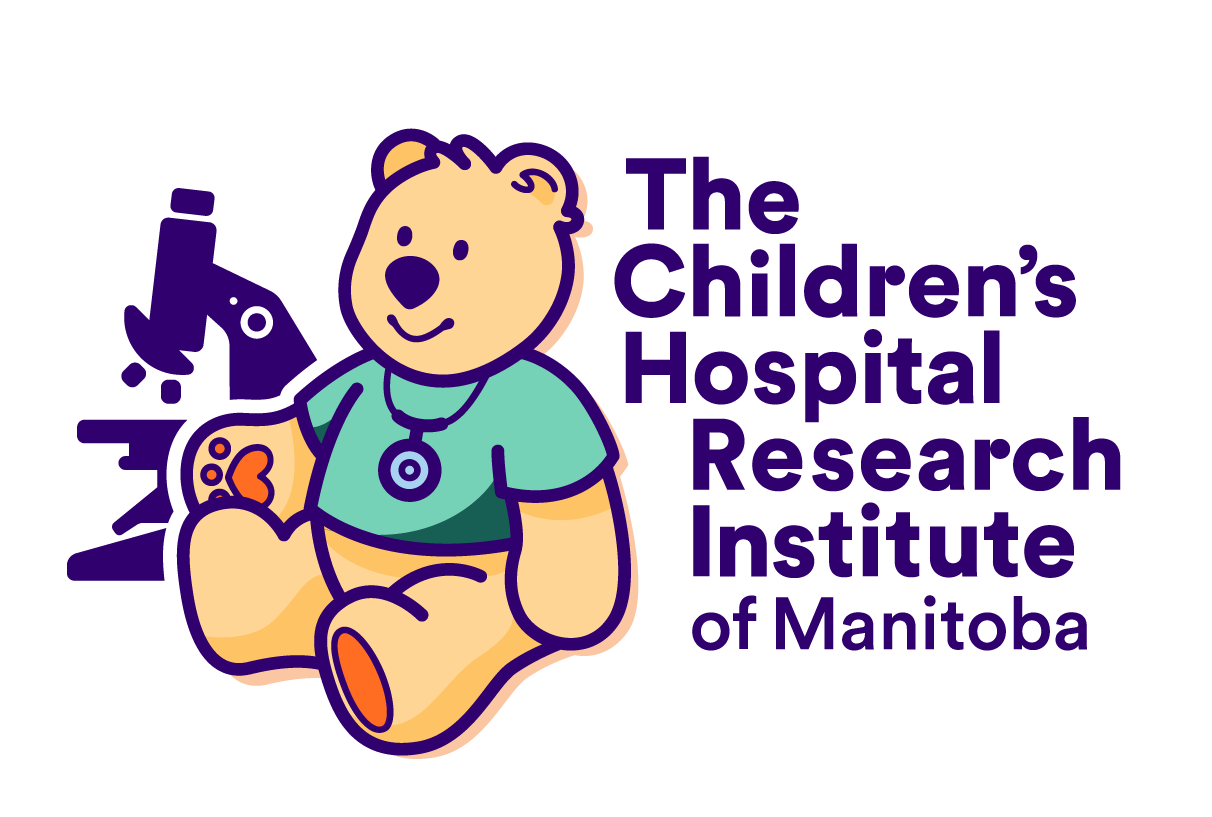Fact: Breastfeeding and human milk are critically important to the health of mothers and infants, and consequently, the world population.
While this is indeed a true statement, there are many challenges, misconceptions and emotions surrounding breastfeeding, which hinder the research and distribution of expert information into this very important field.
To discuss these perceived barriers and challenges, as well as create a constructive action plan to maximize the impact of future research, and identify future key priorities in breastfeeding and human milk research, a unique and innovative workshop was held in Winnipeg in February 2019.
Children’s Hospital Research Institute of Manitoba (CHRIM) researchers Dr. Meghan Azad (Canada Research Chair in developmental origins of chronic disease) and Dr. Nathan Nickel (Associate Director and Scientist at the Manitoba Centre for Health Policy) were co-chairs for this workshop: Breastfeeding and the Origins of Health: Interdisciplinary Perspectives and Priorities.
“The fields working in the space of breastfeeding and human milk research are poised to make tremendous breakthroughs that advance our understanding of the links between infant feeding and human health; but, these breakthroughs will require that scholars, community members, and health practitioners come and work together in meaningful partnerships.”
Dr. Nathan Nickel
Azad and Nickel are associate professors at the University of Manitoba, and co-directors of the Manitoba Interdisciplinary Lactation Centre. Through their networks, they brought together a multidisciplinary panel of researchers for the unique international workshop, involving 16 world-leading experts in breastfeeding research and human milk science. Represented were scientists, clinicians and healthcare workers who study human milk and breastfeeding from multiple perspectives, spanning all career stages and diverse disciplines from mammary gland biology to implementation science.
The workshop was hosted during an extremely harsh winter (even by Manitoba standards), with record-breaking temperatures colder than on Mars! Many participants were not accustomed to winter weather – let alone a Polar Vortex – but they braved the frigid temperatures to attend, demonstrating their strong commitment to breastfeeding research and the workshop’s mission to address priorities and challenges in this field. In true Manitoba fashion, community members provided winter gear for visitors to borrow so that everyone could participate in some outdoor activities, including ice skating on the frozen river!
The workshop was funded by the University of Chicago’s Center for the Economics of Human Development (CEHD) and supported by the University of Manitoba and Children’s Hospital Research Institute of Manitoba’s Developmental Origins of Chronic Diseases in Children Network (DEVOTION).
“One of our central aims at CEHD is to produce new work on development and inequalities across the lifecycle,” says CEHD Executive Director Alison Baulos. “It was an incredible opportunity to work with Devotion on this conference, and we are thrilled to see the impact of that collaboration extending even further with this paper.”
CEHD, founded by Nobel Laureate Jim Heckman, is dedicated to understanding how interventions in critical periods of early life can have long-term impacts on human flourishing from an economic perspective, while DEVOTION is similarly looking at early life interventions from a health perspective. Both organizations support for this workshop is incredibly valuable as it provides the recognition on how important breastfeeding is as a key intervention in early life that supports long-term health outcomes.
Bringing this interdisciplinary group of world experts together has helped define priorities and discuss challenges in this field on a global scale that has resulted in a new paper published in the Maternal & Child Nutrition journal.
“We hope the paper will highlight the importance of breastmilk and breastfeeding research in informing infant health outcomes. It is our goal that other researchers will comprehensively and responsibly include infant feeding assessments in their developing research studies, so that as a research community, we will have impactful evidence to inform practice decisions and healthcare policies.” says co-author Merilee Brockway who is a post-doctoral fellow, Pediatrics and Child Health at the University of Manitoba.
Researchers in this field from around the world are on the cusp of major discoveries that could have major implications for lifelong health. By overcoming the challenges hampering the breastfeeding field, and expanding the valuable research and knowledge, the health of future generations can be safeguarded.
“Breastfeeding and human milk research are critically important to maternal, infant and population health, but progress in this field is being hampered by tensions between researchers and breastfeeding advocates. We hope the paper will inspire discussion between these groups to help everyone work together to achieve the shared goal of providing support to mothers and infants.”
Dr. Meghan Azad
One of the main conclusions gathered from the workshop was that in order to advance research in this field and maximize its reach and impact, larger investments are needed and interdisciplinary collaboration is essential, including the need to engage families and other stakeholders in planning and efforts.
Read more about this valuable workshop here: “Breastfeeding and the Origins of Health: Interdisciplinary Perspectives and Priorities

